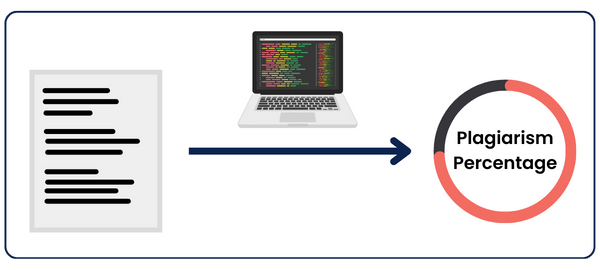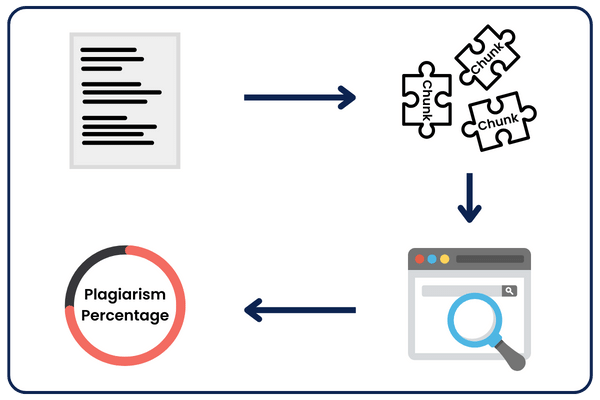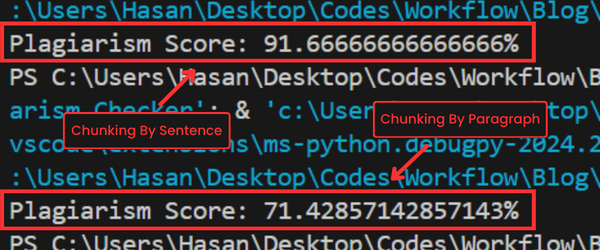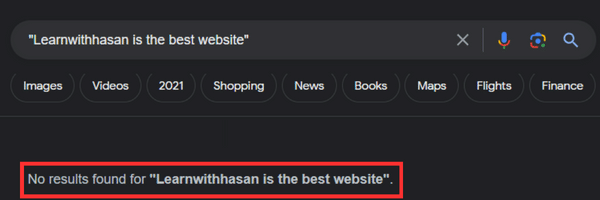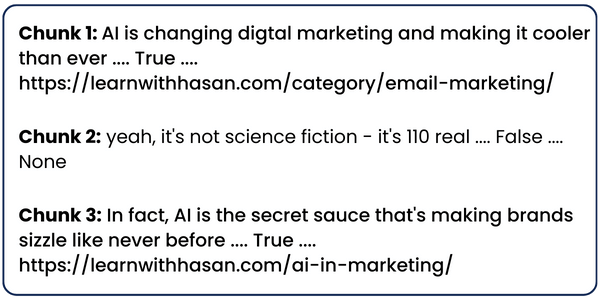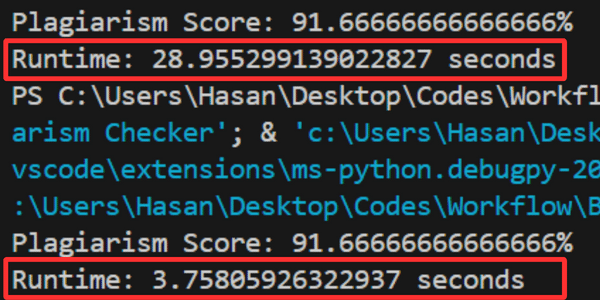Description
About Apex
Apex Group Ltd., established in Bermuda in 2003, is a global financial services provider. With over 80 offices in 70 countries worldwide and more than 12,000 employees, Apex Group delivers an expansive range of services to asset managers, financial institutions, private clients and family offices. The Group has continually improved and evolved its capabilities to offer a single-source solution through establishing the broadest range of services in the industry; including fund services, digital onboarding and bank accounts, depositary, custody, super ManCo services, corporate services including HR and Payroll and a pioneering ESG Ratings and Advisory solution. Apex Group’s purpose is to be more than just a financial services provider and is committed to driving positive change to address three core areas; the Environment and Climate Change, Women’s Empowerment and Economic Independence, Education and Social Mobility.
Life at Apex isn’t just about the work you do, it’s about embracing the culture and loving what you do. Every employee plays a part in making Apex who we are today and the more that we grow, the more important that becomes. Whatever your career path or specialism Apex ensures it rewards loyal and dedicated employees. The international nature of our business and global network of offices means that there are opportunities to broaden your life experiences and take both short-term or permanent relocation options.
Job Specification
We are seeking an experienced and visionary Head of Data Science specializing in AI and ML to lead our dynamic team of data scientists and drive our data-driven initiatives. As the Head of Data Science, you will be responsible for developing and executing our AI and ML strategy, leading the development of advanced models, AI driven products and collaborating closely with cross-functional teams to drive innovation and business growth.
Responsibilities:
- AI & ML Strategy Development: Develop and execute a comprehensive AI and ML strategy aligned with organizational goals and objectives.
- Team Management and Leadership: Lead and mentor teams providing guidance, coaching, and professional development opportunities to foster a high-performing culture.
- Advanced Machine Learning Models: Drive the development and implementation of advanced models and algorithms to extract actionable insights from complex datasets.
- Research & Development: Stay abreast of the latest advancements in AI and ML technologies and methodologies, and lead R&D efforts to continuously improve our capabilities.
- Collaboration: Collaborate closely with cross-functional teams, including data engineering, product management, and business development, to integrate AI and ML solutions into our products and services.
- Project Management: Oversee the end-to-end execution of data science projects, ensuring timely delivery, quality, and alignment with business objectives.
- Performance Monitoring & Optimization: Establish key performance indicators (KPIs) and metrics to measure the effectiveness of AI and ML initiatives and drive continuous improvement through optimization and iteration.
- Stakeholder Communication: Communicate complex technical concepts and insights to non-technical stakeholders in a clear and compelling manner and serve as a trusted advisor on data science matters.
- Compliance & Ethical Considerations: Ensure compliance with relevant data privacy regulations and ethical guidelines and promote a culture of responsible AI and ML usage.
Qualifications and Skills:
- Master’s or Ph.D. degree in Computer Science, Statistics, Mathematics, or a related field.
- Proven track record of leadership in data science, with at least 7 years of experience in leading AI and ML teams/projects.
- Deep expertise in machine learning techniques, including supervised and unsupervised learning, deep learning, reinforcement learning, etc.
- Proficiency in programming languages such as Python, R, or Java, and experience with libraries/frameworks such as TensorFlow, PyTorch, scikit-learn, etc.
- Strong analytical and problem-solving skills, with the ability to translate business requirements into technical solutions.
- Excellent communication and interpersonal skills, with the ability to collaborate effectively with diverse stakeholders.
- Experience working in Financial Services and asset management is a plus.
- Familiarity with cloud platforms (e.g., AWS, Azure, Google Cloud) and big data technologies (e.g., Hadoop, Spark) is desirable.
- Demonstrated commitment to continuous learning and professional development.
- Experience in implementing analytics solutions within multinational financial services organizations.
- Familiarity with cloud-based analytics platforms and tools.
- Previous leadership role within the financial services, technology, or consulting industry.
Join Apex Group as the Head of Data Science Ai & ML and lead the transformation of data into actionable insights and new products through leveraging advanced tools and techniques with AI & ML, shaping the future of our global financial services. Drive strategic decisions, foster innovation, and propel our organization forward by harnessing the power of analytics on an international scale.
What you will get in return:
A genuinely unique opportunity to be part of an expanding large global business. Joining Apex Group will provide you with a platform for professional and personal success and an environment where you can truly make an impact.
Our people are our greatest asset and we believe learning is central to developing talent, nurturing strong leaders, fostering a supportive company culture and ultimately drives our success.




